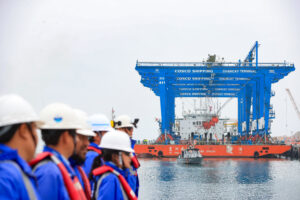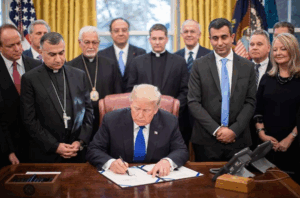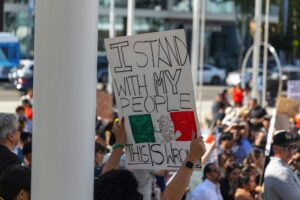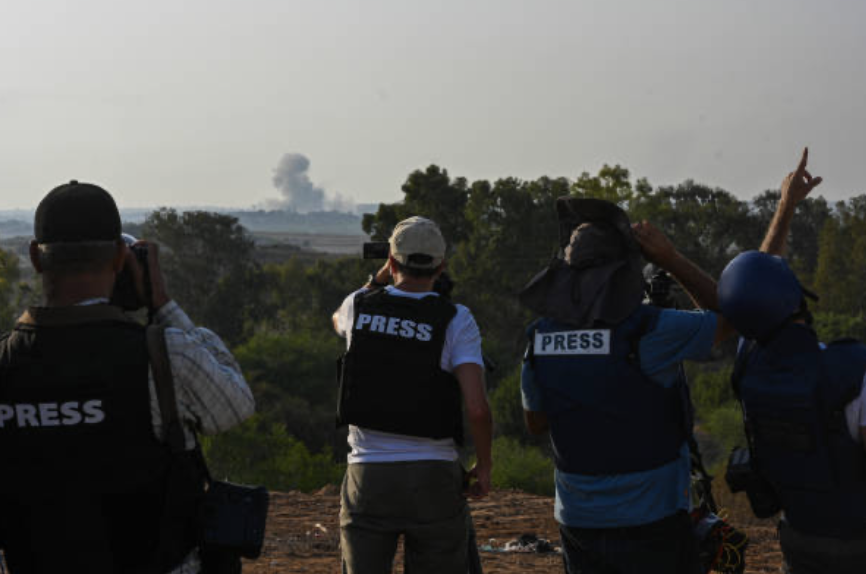A difficult past to overpass
The current cycle of violence and conflict between Israel and Hamas is a deeply complex issue rooted in historical grievances, territorial disputes and conflicting national identities. The lack of a lasting solution has led to decades of violence, displacement and hardship for both Israelis and Palestinians.
One of the main points of contention is the presence of Israeli settlements in the West Bank and East Jerusalem. Indeed, they are considered illegal under international law. The construction of these settlements has exacerbated the fragmentation of the Palestinian territories, hampering the prospects for establishing a viable Palestinian state in the future.
The international community, including the United Nations, has called for a two-state solution to the conflict. Israel and Palestine would be living side by side in peace and security. However, achieving this goal has proven difficult as both sides remain entrenched in their positions. No compromises necessary for peace are made until now.
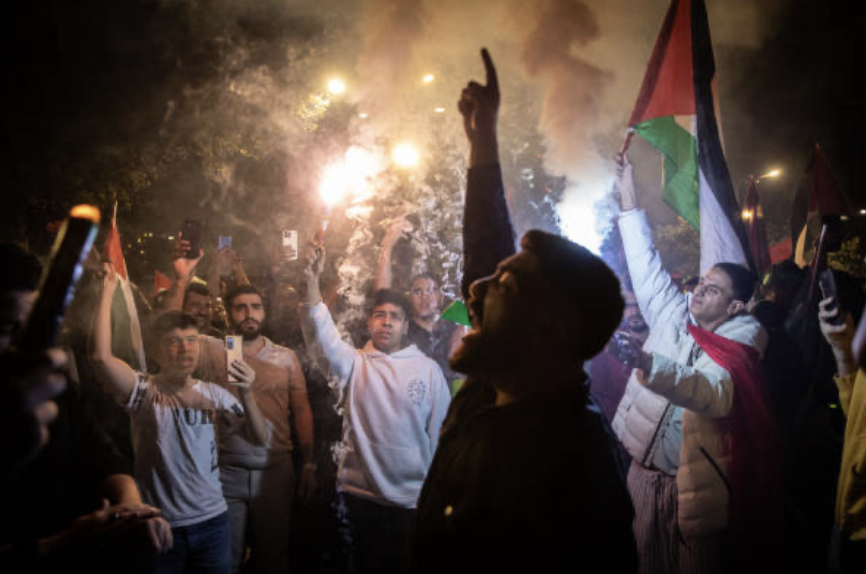
The role of the media in this conflict
After years of invisibility, the conflict has once again attracted public attention. Hamas’s attacks on Israeli civilians and Israel’s military intervention in Gaza have been widely publicized, relegating other global crises to the background.
Media coverage of the conflict has highlighted the deep ideological divides that exist around this issue. On one hand,Western media mainly highlighted Israel’s legitimate right to defend itself against Hamas. On the other hand, Arab media denounced « Israeli aggression » against the Palestinians. These differences reflect existing geopolitical divisions. Thus, western countries overwhelmingly support Israel and countries in the South take a stance in favor of the Palestinians.
The polarization of the debate has also called into question the neutrality of the major Western media. Some observers have criticized biased media coverage, highlighting Israeli victims to the detriment of Palestinian civilians. The use of terms like « terrorists » to describe Hamas has also been criticized. Some view it as a legitimate resistance movement.

Social networks: the new power of young people
Social media has become a crucial platform for people to express themselves and mobilize. They allow individuals to reach a large audience, share messages of support or condemnation and participate in acts of solidarity. The latter also reflect the deep divisions in public opinion on this decisive issue. We can use this example concerning the ideological divisions between supporters of Israel’s right to defend itself and defenders of Palestinian rights in European societies but also in international relations. This is the case of Spain and Norway, which recently recognized the State of Palestine.
Thus, social networks have a major impact on contrasting perceptions of the conflict. They offer a platform for expression and mobilization, but also a great floor for disinformation. False information circulates quickly, calling into question the legitimacy of the positions taken by influencers and unqualified personalities. It is crucial for everyone to remain vigilant and check information sources in order to form an informed opinion on this complex and sensitive subject.
In short, the renewed attention to the Israeli-Palestinian conflict in 2023, then 2024, has revived tensions and debates around the media treatment of this complex and delicate issue. At the heart of these controversies, the quest for neutrality and objectivity seems more essential than ever to allow a thorough and balanced understanding of this conflict with major stakes.



